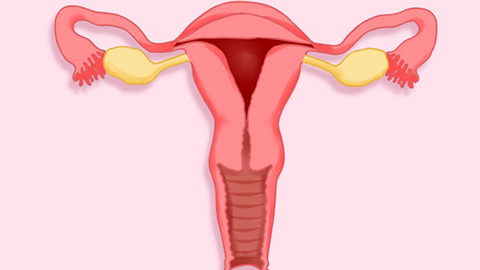What are the effects of hysterectomy on women?
Hysterectomy is a common gynecological surgery, primarily used to treat conditions such as uterine fibroids and malignant uterine tumors. Generally, hysterectomy may cause various effects on women, including physiological changes, loss of fertility, altered pelvic floor function, hormonal fluctuations, and psychological impacts. A detailed analysis is as follows:

1. Physiological Changes
Menstruation results from cyclic shedding and bleeding of the endometrium. After hysterectomy, the endometrial tissue is removed and menstruation ceases. Additionally, anatomical changes in the pelvis may affect the position and function of adjacent organs such as the bladder and rectum, and some women may experience changes in urination or bowel habits.
2. Loss of Fertility
The uterus is the organ where fetal development occurs. Following hysterectomy, a woman permanently loses the ability to conceive and carry a pregnancy naturally, thus losing the opportunity to bear children biologically.
3. Altered Pelvic Floor Function
The uterus provides certain supportive functions to the pelvic floor tissues within the pelvis. After hysterectomy, the supporting structures of the pelvic floor are compromised, which may lead to pelvic muscle and ligament laxity, increasing the risk of pelvic organ prolapse, such as bladder or rectal prolapse, which can result in symptoms like urinary leakage and a sensation of pressure in the lower abdomen.
4. Hormonal Fluctuations
Although the uterus itself is not a primary endocrine organ, it has complex blood supply and neural connections with the ovaries. Hysterectomy may affect the ovarian blood supply, and some women may experience diminished ovarian function and reduced estrogen production after surgery, leading to menopause-like symptoms such as hot flashes, night sweats, vaginal dryness, and osteoporosis.
5. Psychological Impact
The uterus holds special symbolic significance for women. After hysterectomy, some women may experience negative emotions such as anxiety, depression, and feelings of inferiority, and may have concerns about self-image and sexual quality of life, thereby affecting mental health and overall quality of life.
Before deciding to undergo hysterectomy, women should fully understand the risks and consequences of the surgery and have detailed discussions with their doctors. After surgery, women need to actively adjust their mindset and seek help from professional psychologists when necessary to reduce psychological burdens.




